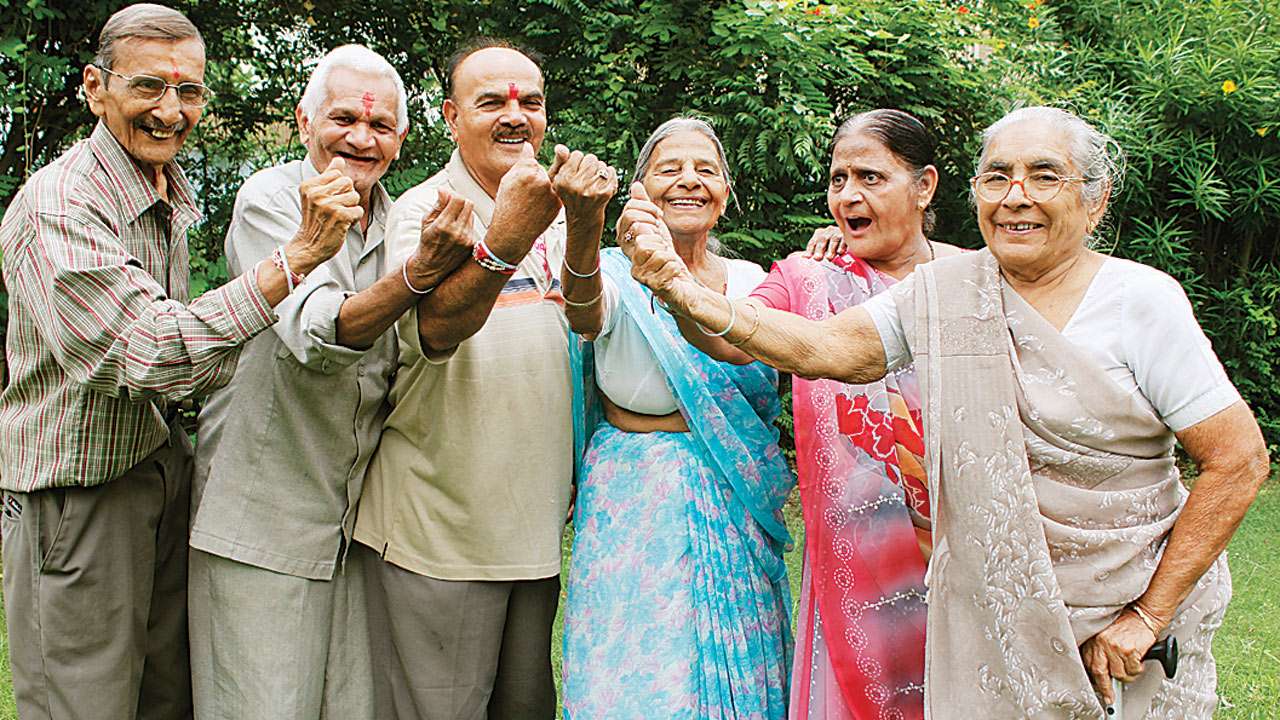Old Age People
Old age, also known as elderly or senior age, refers to the later stages of life when an individual reaches an advanced age, typically after the age of 65. This phase of life is characterized by various physical, emotional, and social changes.
Here are some key points about old age and the elderly population:
Aging Process: Old age is a natural part of the aging process, marked by physical changes like reduced mobility, decreased sensory functions, and an increased risk of certain health conditions.
Health Concerns: Elderly individuals may face health challenges, such as chronic diseases (e.g., arthritis, diabetes, heart disease), cognitive decline, and a weakened immune system.
Mental Health: Mental health is a crucial aspect of old age. Depression, loneliness, and cognitive disorders like Alzheimer's disease can affect elderly individuals, emphasizing the need for social support and mental health care.
Social Isolation: Older adults may experience social isolation, especially if they live alone or have limited social connections. This isolation can have adverse effects on their overall well-being.
Elderly Care: Elderly care involves providing support and assistance to seniors to help them maintain a good quality of life. It can be provided by family members, caregivers, or through assisted living facilities.
Diversity among Older Adults: The elderly population is diverse, with varying health levels, socioeconomic backgrounds, cultural practices, and life experiences.
Retirement: Many people in old age are retired or have reduced working hours. Retirement can be a time for leisure, pursuing hobbies, or engaging in volunteer activities.
Grandparenting: For many seniors, being grandparents is an important role in their lives. They often play a crucial role in supporting and caring for their grandchildren.
Financial Security: Some elderly individuals may face financial challenges, particularly if they do not have adequate retirement savings or a stable pension plan.
Ageism: Ageism refers to discrimination or stereotyping based on a person's age. Older adults may face ageism in various forms, such as employment opportunities, access to healthcare, and social interactions.
